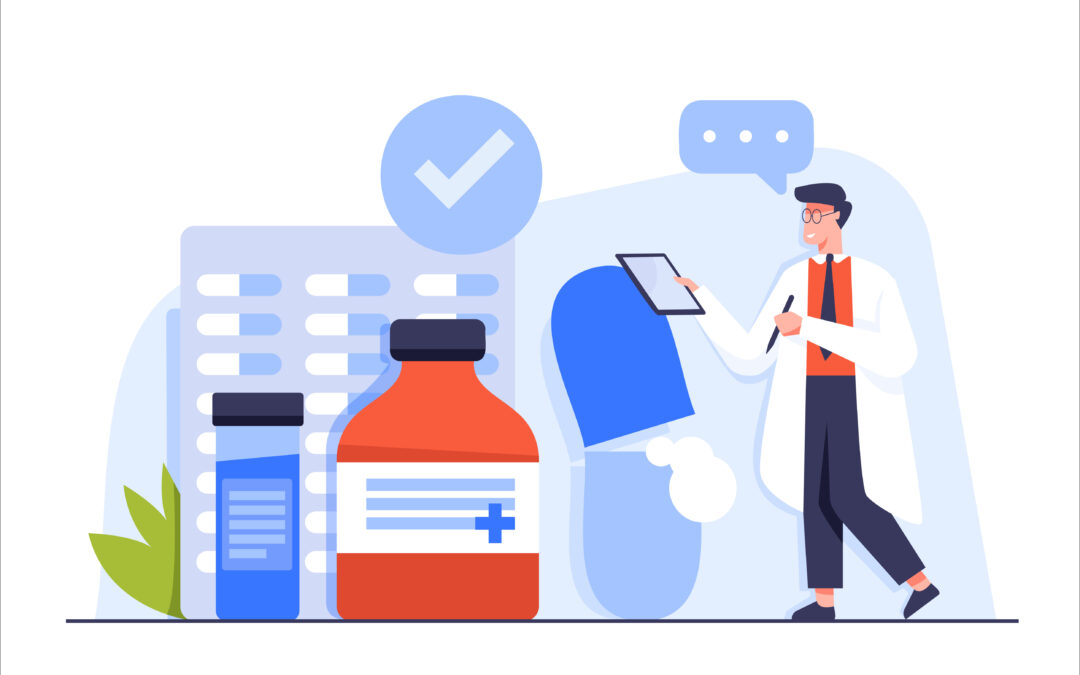Ketamine has been making headlines lately due to its reputation as a party drug and its surprising effectiveness in treating mental health conditions. Ketamine treatment was originally used in the 1960s as an animal anesthetic. It quickly began to be used in human medicine, as it successfully reduced pain and promoted relaxation during surgeries.
In the early 2000s, researchers at Harvard and Johns Hopkins University began exploring its unique effects on mood disorders. Today, ketamine has become a popular treatment for depression, anxiety, PTSD, chronic pain, and other various conditions. Despite its promising effects, its safety and long-term benefits remain questioned.
How does ketamine work?
Ketamine affects the NMDA receptors in the brain, which helps promote and create new neuron connections. This communication in the neurotransmitters has shown to break old thinking cycles and improve mood, comprehension, awareness, and cognition.
There are two forms of ketamine: a racemic mixture that includes both S- and R-enantiomers, and S-ketamine—which has been approved as a treatment for depression and depression linked to suicidal thoughts. Specifically, S-ketamine has been FDA-approved with strict guidelines when given as a nasal spray.
Is ketamine safe and effective?
When given in a safe and controlled setting, ketamine treatment has shown to be effective in treating depression, anxiety, and PTSD. In this controlled environment, it is less likely to become addictive, and when combined with a proper care plan, it can prolong its benefits. However, the excitement surrounding ketamine has led to it being marketed for numerous off-label uses, raising concerns about its safety.
What are the side effects and risks?
Ketamine can cause hallucinations, mood swings, and problems with thinking. The side effects differ from patient to patient, but can often last a few hours after treatment. While there is a potential risk of addiction, receiving low dosages under the supervision of a qualified medical professional reduces the risk. It is suggested that patients with heart conditions or high blood pressure avoid ketamine therapy. Remember to consult a professional that will assess your health prior to the therapy, as they can determine if you are the proper candidate for ketamine treatment.
Where should you get ketamine therapy?
It is essential to receive ketamine treatment in a controlled medical setting. Find a professional who combines different approaches with ketamine therapy to help with your symptoms. Ketamine works best and lasts longer when paired with lifestyle changes and other types of therapy.
Contact Bluewater Psychiatry
While ketamine shows hope as a treatment for depression and other mental health conditions, it’s important to be cautious and talk to a medical professional about its risks and benefits to see if it’s the right treatment for you. Contact us at Bluewater Psychiatry to discuss your treatment options and find the best approach for your individual needs.

